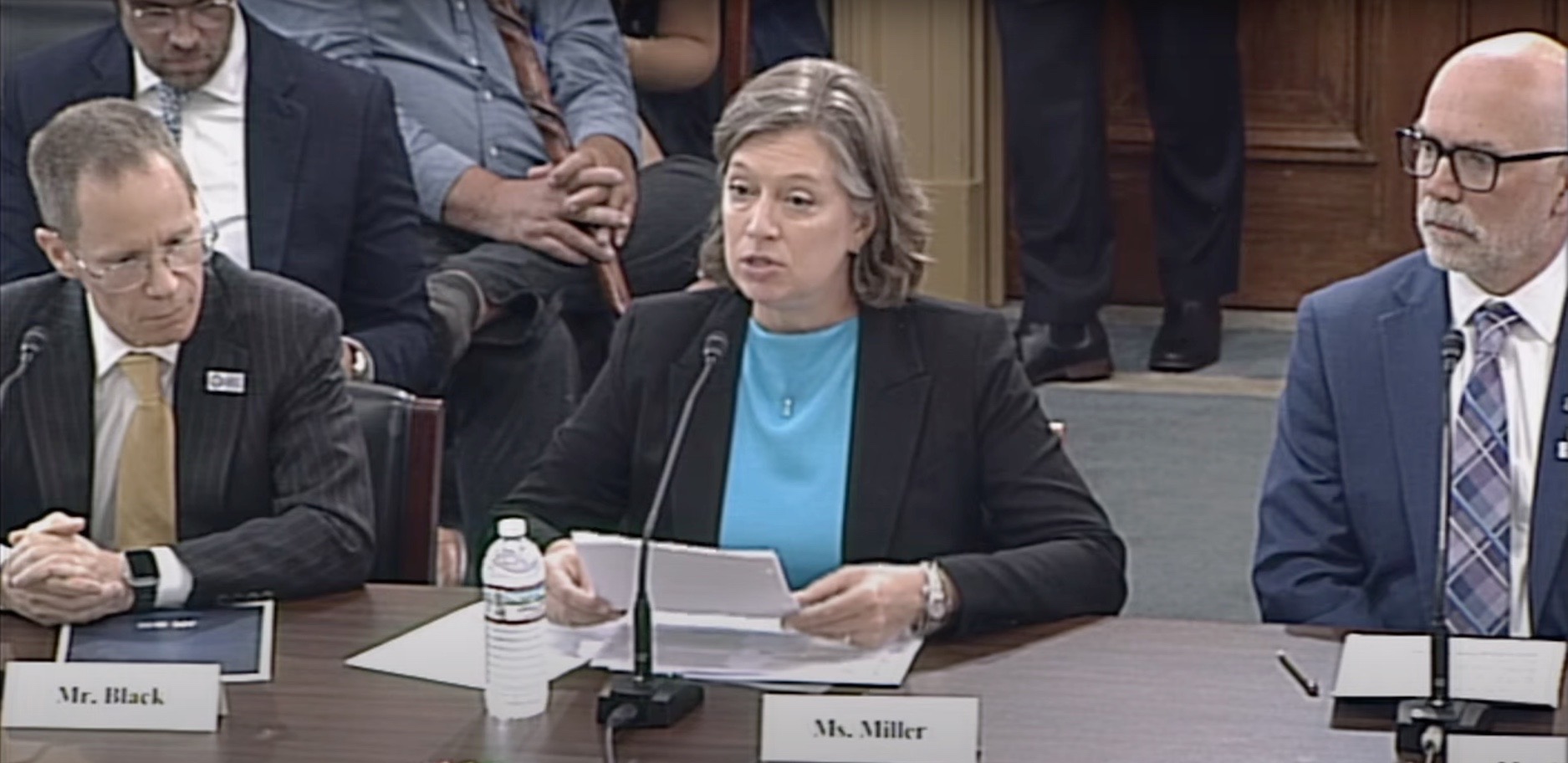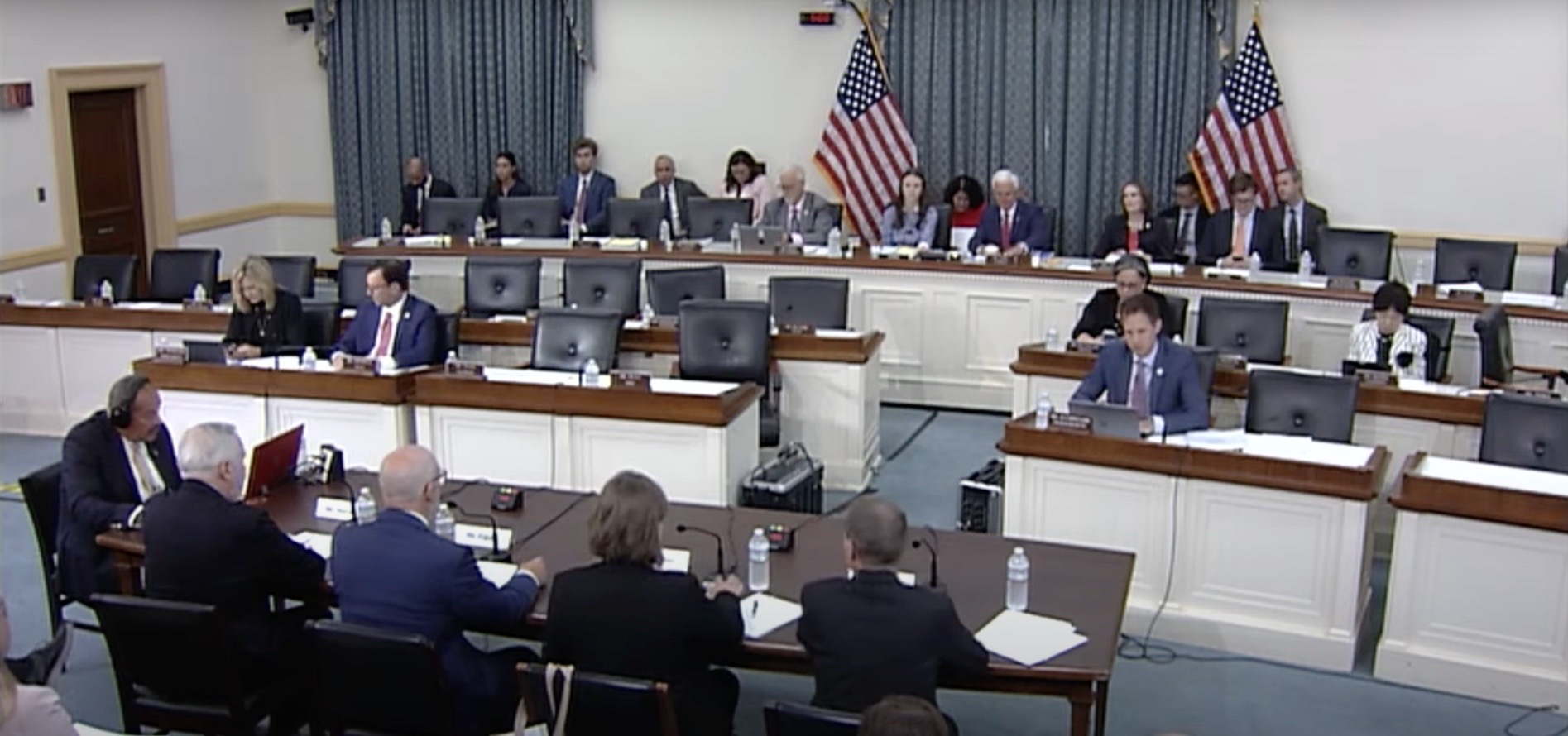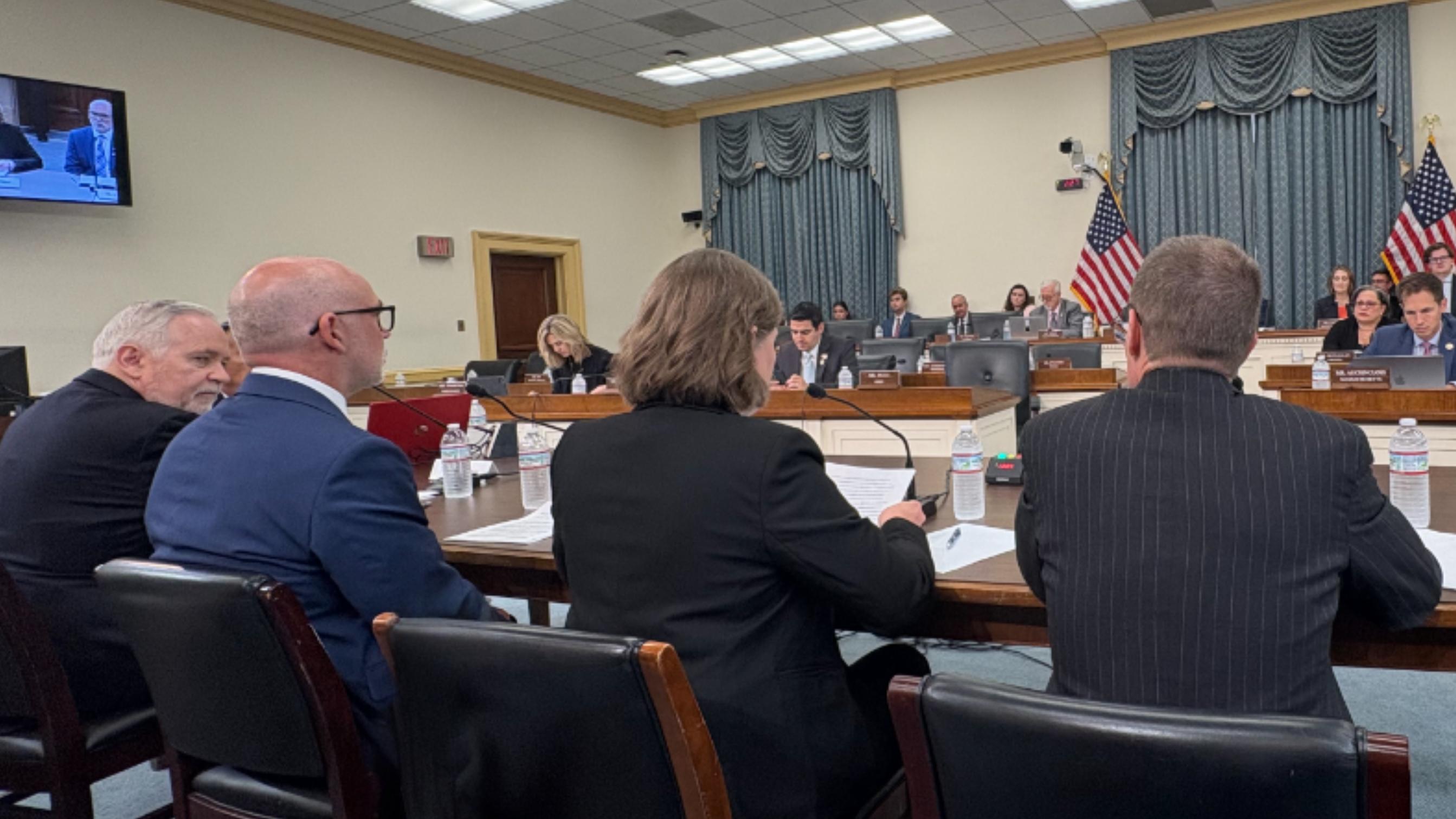
By Kevin Broom, Vice President, Marketing and Communications
GPA Midstream President and CEO Sarah Miller represented member interests during the July 22 hearing to consider reauthorization of the pipeline safety programs of Pipeline and Hazardous Materials Safety Administration held by the House Committee on Energy and Commerce’s Subcommittee on Energy. The hearing focused on the safety of our nation’s pipelines. If U.S. natural resources are going to continue to be affordable and reliable for both Americans and our allies abroad, policies ensuring pipelines are safe and secure are vital.
“Safety of employees, contractors and communities is the highest priority for GPA Midstream member companies,” Miller told members of Congress in her opening statement. She went on to summarize the industry’s economic impact and emphasized the essential role of pipelines in delivering feedstocks for producing electricity, heating, and providing feedstocks for producing plastics, pharmaceuticals, and high-tech devices.

Miller was joined at the witness table by Andrew Black of the Liquid Energy Pipeline Association (LEPA), Bill Caram of the Pipeline Safety Trust, and Jim Moriarty of Chesapeake Utilities Corporation.
Members of the subcommittee emphasized that key safety regulations, some unchanged over the past 20-50 years, must be updated to keep pace with technological advances, rising energy demand, and evolving security threats.
Lawmakers and witnesses agreed that America needs an appropriately funded, appropriately staffed, and clearly focused agency to safeguard pipelines, which remain the safest way to transport energy.
“We seek legislative and regulatory certainty to enable prudent investment decisions for the benefit of communities and investors alike,” Miller said. “We encourage use of more performance-based measures and less prescriptive regulations to achieve safety goals. Performance-based measures will facilitate a longer reauthorization period for PHMSA programs as they allow for evolving technological advancement and best practices proven by time and experience to achieve safety.”
During her appearance before the subcommittee, Miller urged members of Congress to support three core priorities:
- Eliminate duplicative federal oversight of in plant gas piping, reducing conflicting requirements that strain operator and agency resources.
- Seek greater input from gathering pipeline operators when PHMSA proposes to regulate gathering pipelines because their physical and commercial operations can differ greatly from transmission pipelines.
- Enact regulations that use performance-based measures rather than prescriptive rules to better achieve safety priorities considering relevant operating conditions and evolving technological advancement.

Other panelists
- LEPA’s Andy Black highlighted PHMSA’s special permit challenges and opportunities through technology demonstration programs.
- Bill Caram from Pipeline Safety Trust called for greater public engagement and enforcement transparency.
- Jim Moriarty of Chesapeake Utilities discussed excavation damage prevention and the role of pipelines in supporting development of hydrogen infrastructure.
House Energy Subcommittee members responded favorably to GPA Midstream’s recommendations. Several expressed hope for bipartisan action on PHMSA reauthorization.
GPA Midstream is ready to provide assistance and work collaboratively as the subcommittee moves forward with its work to craft a bipartisan PHMSA reauthorization bill.


